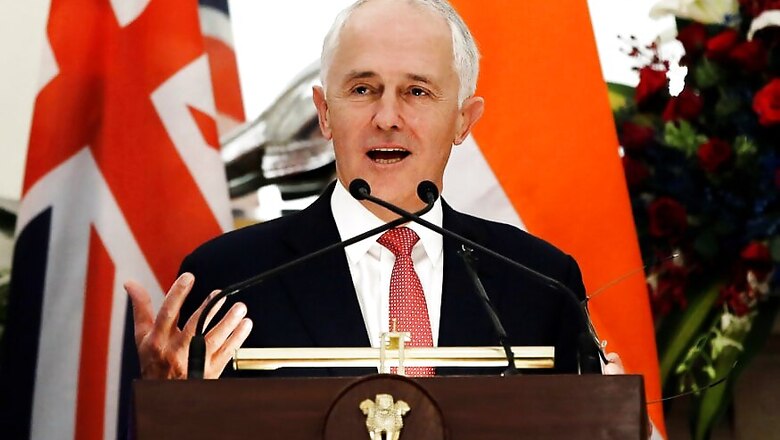
views
Melbourne: Australia will vote in November on whether to allow same-sex marriage, settling a long-stalled debate by the end of this year, Prime Minister Malcolm Turnbull said on Tuesday.
The conservative government decided on Monday to hold a non-compulsory postal vote on whether to allow same-sex couples to marry, if a second attempt to win parliamentary support for a compulsory national ballot fails.
If, as expected, the government does not win support for a compulsory ballot, which it would hold on Nov. 25, then it will send out postal ballots in September, seeking an outcome by Nov. 15, Finance Minister Mathias Cormann said.
Same-sex marriage is supported by 61 percent of Australians, a 2016 Gallup opinion poll showed, but the issue has fractured the government and damaged Turnbull's standing with voters.
If the population votes in favour of allowing gay marriage, then the government plans to introduce legislation in the final two weeks of parliament's sitting this year to carry that out.
"We've been very clear about this: we will facilitate a private members' bill to change the law in respect to same-sex marriage so same-sex couples can be married if there's a 'yes' vote, and if it is a 'no' vote we won't," Turnbull told reporters in Canberra.
Same sex-marriage advocates, who would prefer a conscience vote on the issue in parliament, have threatened to launch a court challenge against using a postal vote as the basis to change a law.
But Cormann, in his role as finance minister, said he has the power to ask the Australian Bureau of Statistics to run a "survey" of the population's view on allowing gay marriage, and under the constitution the government could make laws based on those statistics.
He said there was precedent for asking the public for its opinion on a policy issue, pointing to a survey carried out by phone in 1974 which led to Australia changing its national anthem.











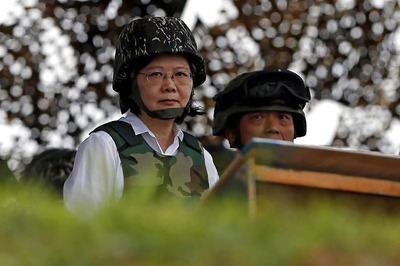
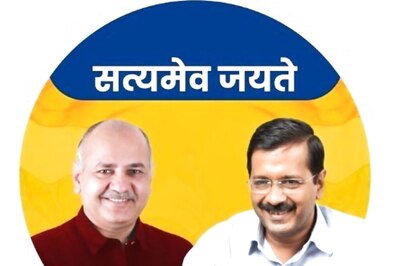


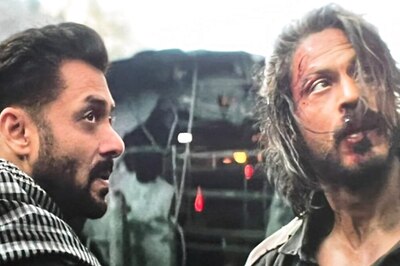



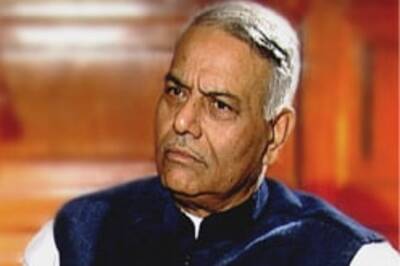
Comments
0 comment